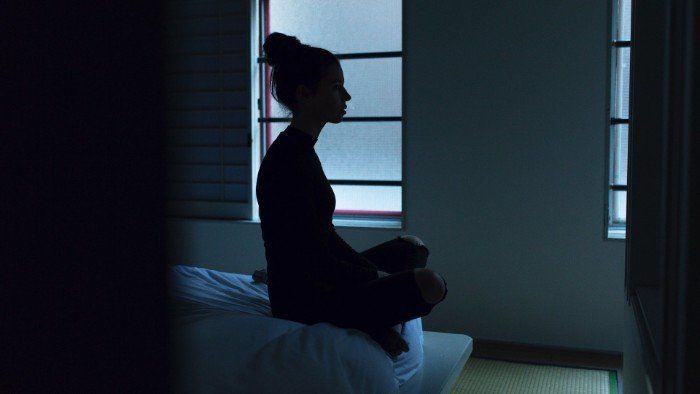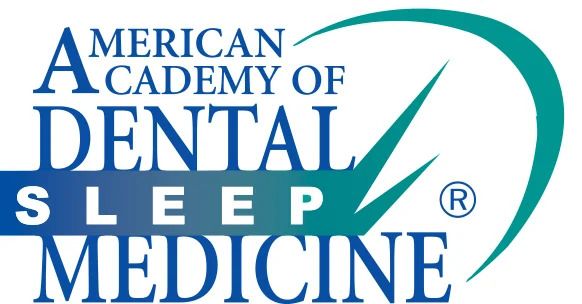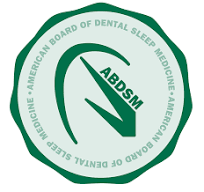Insomnia
Insomnia affects millions of Americans every year. Poor sleep is detrimental to your health, can decrease productivity, and cause you to be irritable. Indeed, trouble sleeping can ultimately strain personal and professional relationships. Fortunately, if you or a loved one is suffering from insomnia, there are steps you can take to address it.
Insomnia refers to struggles with sleeping. This includes both falling asleep and staying asleep. Your body requires a certain number of hours of sleep per day, usually between 7 to 9 hours. If you get less sleep than you need, it will affect you in numerous ways.

That’s why Dr. Phillips works with hundreds of patients each year who suffer from sleep disorders. By leveraging her years of expertise to treat underlying conditions, such as TMD and Obstructive Sleep Apnea, Dr. Phillips can help patients can get a better night’s sleep.
Common Causes of Insomnia
Many different factors, medical conditions, and habits can lead to insomnia. It can be difficult if not impossible to treat insomnia if you don’t first find the cause.
Common causes include:
- Excessive caffeine consumption
- High stress
- Emotionally challenging circumstances
- Mental conditions, such as depression
- TMD and other dental issues
Insomnia might be due to sleep apnea, or loud, chronic snoring. This condition can not only cause insomnia for you the sufferer, but also make it more likely that your loved ones will suffer from insomnia as well.
Pain, such as experiencing ongoing headaches, can also make it more difficult for you to fall asleep. By treating chronic and acute headaches you may be able to fall asleep more quickly and sleep more soundly.
Fortunately, Restore TMJ and Sleep Therapy specializes in treating both the underlying conditions of TMJ pain and Obstructive Sleep Apnea.
Common Symptoms
Insomnia is a common sleep disorder and is accompanied by a wide range of symptoms, including:
- Difficulty falling asleep
- Trouble staying asleep
- Waking up tired
- Daytime tiredness
- Irritability
- Difficulty focusing
- Constant anxiety regarding sleeping
Common Types Of Insomnia
There are many different types of insomnia. The extent to which insomnia will detrimentally impact your life and the treatment you’ll need will largely depend on the type of insomnia you suffer from.
Acute Insomnia
Acute insomnia occurs over short periods of time and irregularly. You may suffer just a single night of insomnia, perhaps due to a stressful life event. Acute insomnia can also be caused by other acute conditions, such as TMD or the onset of a temporary illness.
If left untreated, however, acute insomnia could become chronic.
Common causes of acute insomnia:
- Stress
- An illness
- Overworking
- TMD
The above list is far from exhaustive. Roughly 25 percent
of Americans suffer through at least one bout of acute insomnia in any given year.
Chronic Insomnia
Chronic Insomnia occurs on a frequent, perhaps even daily basis. If you experience insomnia for 3 or more nights per week over a period of at least three months, you’re suffering from chronic insomnia.
If left untreated, chronic insomnia may continue indefinitely.
Common causes include:
- Stress
- Chemical imbalances
- Chronic TMD
Chronic insomnia is a serious but common condition with about 10 percent of American
adults suffer from a chronic sleeping disorder. Treating chronic insomnia can be especially difficult, making it all the more important to seek professional help.
Comorbid
Comorbid refers to a medical condition that co-occurs with another condition. Many cases of insomnia are comorbid. Comorbid insomnia can be acute, say caused by a panic attack, or chronic, perhaps caused by depression. Comorbid insomnia may also be referred to as secondary insomnia.
Common related medical conditions:
- Alcoholism
- Depression
- TMD
- Chronic pain/headaches
When insomnia is not associated with another condition, it’s called “primary” insomnia. Primary and secondary insomnia are often addressed with different treatments.
Sleep Maintenance Insomnia
While you may think of insomnia as experiencing difficulty falling asleep, it’s also common for people to struggle to stay asleep. This is referred to as sleep maintenance insomnia, which can occur in both chronic and acute forms.
Common causes include:
- Stress
- Caffeine
- Alcohol
- Uncomfortable sleeping arrangements
- Pain, including TMD
Insomnia Treatment Options
Just as there are many different types of insomnia and corresponding causes, there are numerous ways to treat the condition. Determining which treatment is best for you or your loved one will largely depend on the type of insomnia you suffer from and the underlying cause.
Some common treatments include:
- Therapy and counseling for stressful situations/depression
- Prescription sleeping pills
- Treating underlying conditions, including TMD
- Changing bad habits
- Meditation and relaxation techniques
In the case of TMJ disorders and dental complications, treating the underlying condition is essential. This may require medication, cold packs, dietary changes, or surgery. There are various other types of insomnia treatments.
What To Do If You Suffer From Insomnia
Suffering from insomnia? While you should seek professional treatment, there are some things you can do right now to try to get a better night’s sleep.
What to do if you can’t fall asleep
- Destress- First, make sure you’ve taken care of anything stressing you out. Got a work report due tomorrow? Finish it.
- Distract- Don’t simply lie in bed. Do something calming to distract your mind, such as reading.
- Relax- Meditation techniques can also be effective.
What to do if you wake up and can’t fall asleep
- Relax- Try taking deep, steady breaths.
- Unwind- Unclench muscles, such as a tight jaw.
- Decline- Avoid caffeine and alcohol before bed.
- Distract- Count sheep or otherwise distract your mind.
Contact Dr. Katherine Phillips If You’re Struggling with Getting a Quality Nights Sleep Due to TMD or Sleep Apnea
Dr. Phillips has spent years focusing on sleep dentistry and related sleep disorder treatment. REstore TMJ & Sleep Therapy uses modern, research based techniques to help patients sleep soundly at night. While there are a variety of treatment options, treating underlying conditions, such as TMD and OSA, are often the most effective and lasting options.
-2700x842-1920w.png)









